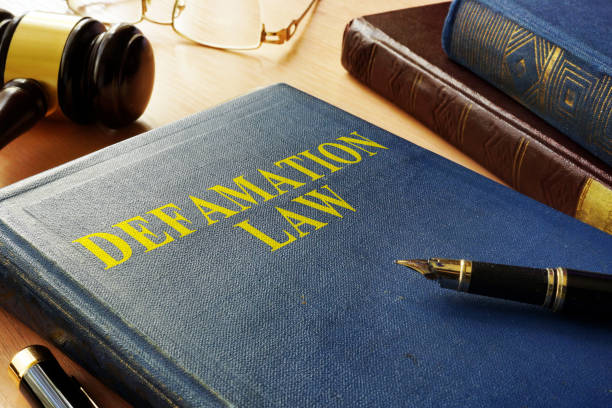Defamation is the act of making a statement that injures a third party’s reputation. A defamatory statement can be made in two ways. A defamatory statement is called libel if it is communicated to a third party in writing, print or some other permanent form. A defamatory statement is called slander if it is communicated to a third person orally or some other transient form.
Whilst a public body cannot bring a claim for defamation, an individual or a company can bring a claim if they satisfy the test from section 1(1) of the Defamation Act 2013 (the “Act”). Namely, a statement has to be made that has caused or is likely to cause serious harm to their reputation. Section 1(2) provides greater explanation of serious harm to bodies that trade, as having caused or is likely to cause the body serious financial loss.
Section 2 – 7 of the Act provide various defences to an action for defamation. These defences are:
- Truth
- It has to be shown that the imputation conveyed by the statement is substantially true. It is not necessary to prove that every point is true, only the allegations that cause serious harm to the claimant’s reputation.
- Honest opinion
- The defendant has to prove that their statement clearly shows the allegation is an opinion rather than a statement of fact.
- Publication on matter of public interest
- Reynolds v Times Newspapers Ltd [2001] 2 A.C. 127, [1999] 10 WLUK 903 established the test for this defence. The statement must be made in the public interest. The defendant must be able to show he met the standard of responsible journalism (to prove he reasonably believed the statement was in the public interest). The statement should be assessed in reference to the non-exhaustive list of factors set out in the case. This test has been clarified further in subsequent cases.
- Operators of websites
- Peer-reviewed statement in scientific or academic journal etc
- Reports etc protected by privilege
- If a report is protected by privilege, then it will be protected from a claim for defamation.
- You can get absolute privilege which provides a complete defence (ignoring whether the statement is untrue and malicious). For example, absolute privilege would apply to parliamentary or judicial proceedings.
- You can get qualified privilege. This protects the defendant from a defamation claim unless malice can be proved. For example, qualified privilege will apply to a fair and accurate report on court proceedings.
For further information on this topic or on any other legal area, please contact John Szepietowski or Kay Stewart at Audley Chaucer Solicitors on 01372 303444 or email admin@audleychaucer.com or visit our Linkedin page.
John Szepietowski
This information was correct as at July 2022
